Tomb Sweeping Day 清明节, or Qīngmíng jié is as important to Chinese culture as steamed buns. Ancestral worship is very much alive here. This holiday, around twenty-five hundred years old is when loved ones pay homage to their ancestors.
Similar to Memorial Day, the date of Qīngmíng jié changes every year, as it’s determined by the all-important Lunar calendar. But unlike Memorial Day, where Americans fire up their grills and crack open a case of Bud, the Chinese visit burial sites of their loved ones to give them a good sweep, pluck of the weeds, and bring offerings of food, flowers, or Joss paper (ghost money).
There is–or actually was– a Tomb Sweeping Eve. It was Cold Food Day, where people would not use fire and only ate cold food. Surprisingly, this holiday never caught on with Hallmark but it seems to be a gold mine for Kellogg’s. Over the years, these two holidays merged into one.
Since Qīngmíng jié is a national holiday, there will be national un-holidays to make up for lost workdays. Schools will be open on a future Saturday or Sunday to make up for lost teaching days. These dates are determined by the government.
While I’m not planning on dying soon, I am intrigued by Tomb Sweeping Day and ancestral worship. We discussed it a bit at our last book club after reading Mary Roach’s STIFF. Spies and astronauts have death pills they can swallow to detour painful torture or explosion, whereas the rest of us have to endure pokes and probes of a nursing home. We discussed Chinese-Taiwanese author 三毛 Sān Máo (Echo Chen Ping) who committed suicide in her hospital room with her silk stockings. In conversations with her father about her desire to take her life, his answer was wise. He could forgive Sān Máo for taking her own life, but could not forgive her for murdering his daughter. We all got sad and ordered ice cream.
Tombs were one of the few places I could travel during the pandemic without having to get a nose-poking Covid test. I hiked up the Western Hills with a few friends and a thousand other Chinese folks, on the other side of Lake Dianchi.
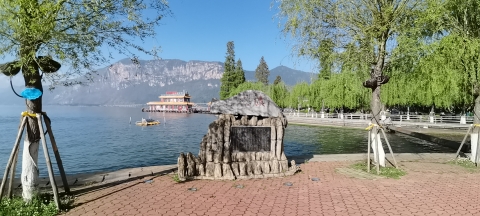
The Western Hills (西山 Xi Shan) or the mountains of the Sleeping Beauty folktale are dotted with reliquaries. The one below reminds me of Phyllis Diller’s hats. It does not remind me of Sleeping Beauty.
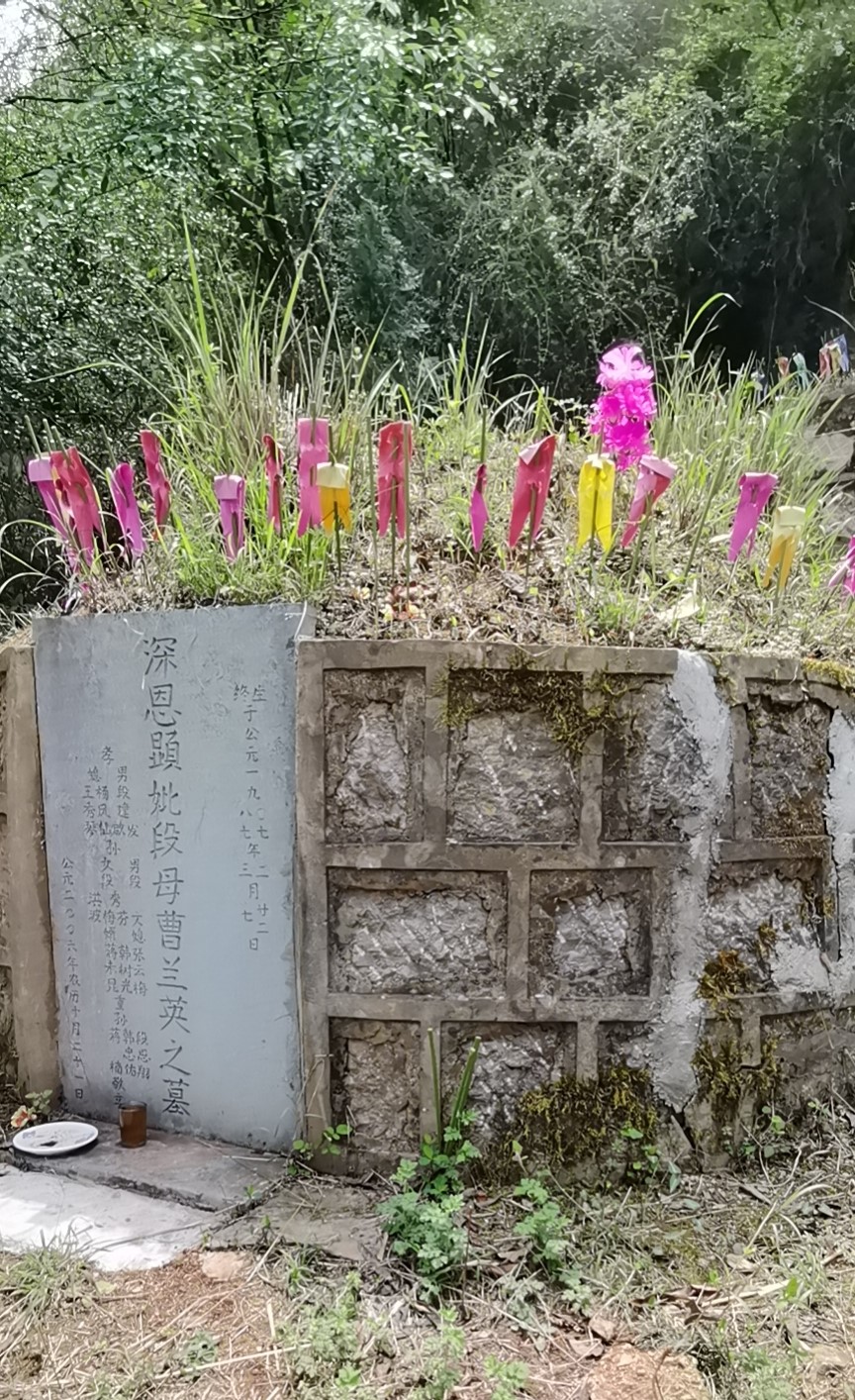
If you want to bury a body (er uh, legally), you’ll take in mind Feng Shui. This is the traditional practice of using energy forces to align individuals to their environment. Feng Shui (Feng 风 means wind, Shui 水means water) is obsessive compulsiveness on a major scale, far beyond the need to align forks just right or your cups of yogurt by flavor in the fridge. If the body is facing the wrong direction, it will be difficult for the Qi or life force to recirculate. Qi gathers in the bones. Maybe that’s why bones get brittle.
Loved ones will pay exorbitant fees to have loved ones buried on a mountainside, as they have good back support, better than one of those new-fangled sleep number mattresses. Many of these sites are not accessible by car. It’s common to hike several hours each way to visit a family tomb, then rest while having a picnic, dining on-you guessed it-a cold meal!
My dad’s parents are buried somewhere in Elgin, Illinois. Yes, somewhere. My dad made the pilgrimage to the cemetery to show my sister their resting place, only to scratch his head, and swear under his breath that he was not able to remember the plot location. I’ve tried contacting cemeteries in Elgin to see if they have records of Sissy and Homer or any other “restee” for that matter. That got me to wonder. Is there a proper word for residents of a cemetery, I mean, are they considered residents?
It’s sad. Folks spending eternity in a cemetery really are forgotten. We have don’t even have a word for them. We have words for the grounds (cemetery, necropolis, catacombs), words for the urns and burial stones, words for that stupid piece of plastic on the end of your shoelace (aglet), but no word for our collective of loved ones that left us their Hummel collections.
It’s not that they can vote like a condo association, but it still bothers me. As far as my internet can search, there isn’t a word for this –deadbeat community. Forgive me for the tasteless pun. Alexa didn’t know either.
China has other customs to remember loved ones. Arhats, or sculptures that do not have Poker faces, display hundreds of emotions in temple halls. These colorful characters can be comforting when you need help grieving. The lighting of incense, candles, and the tying of ribbons on temple gates are also common.
In Tibet, there are Tibet Sky Burials དུར་ཁྲོད།. The bodies of Buddhists are offered up to vultures, who will complete the circle of life in a few days.
You’ll find many things inside a Buddhist temple, but a camera isn’t one of them. Taking pictures is prohibited. Don’t say you didn’t know because now you know. But if you get hungry? Monks are known to sell noodles and other snacks.
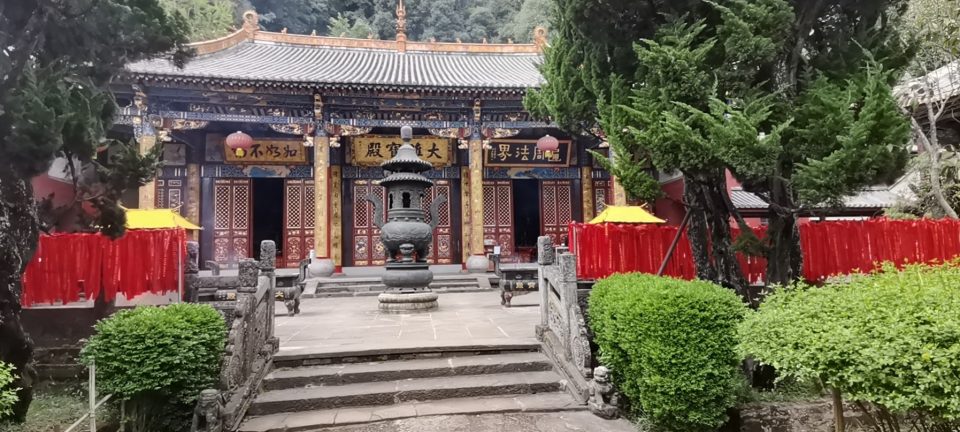
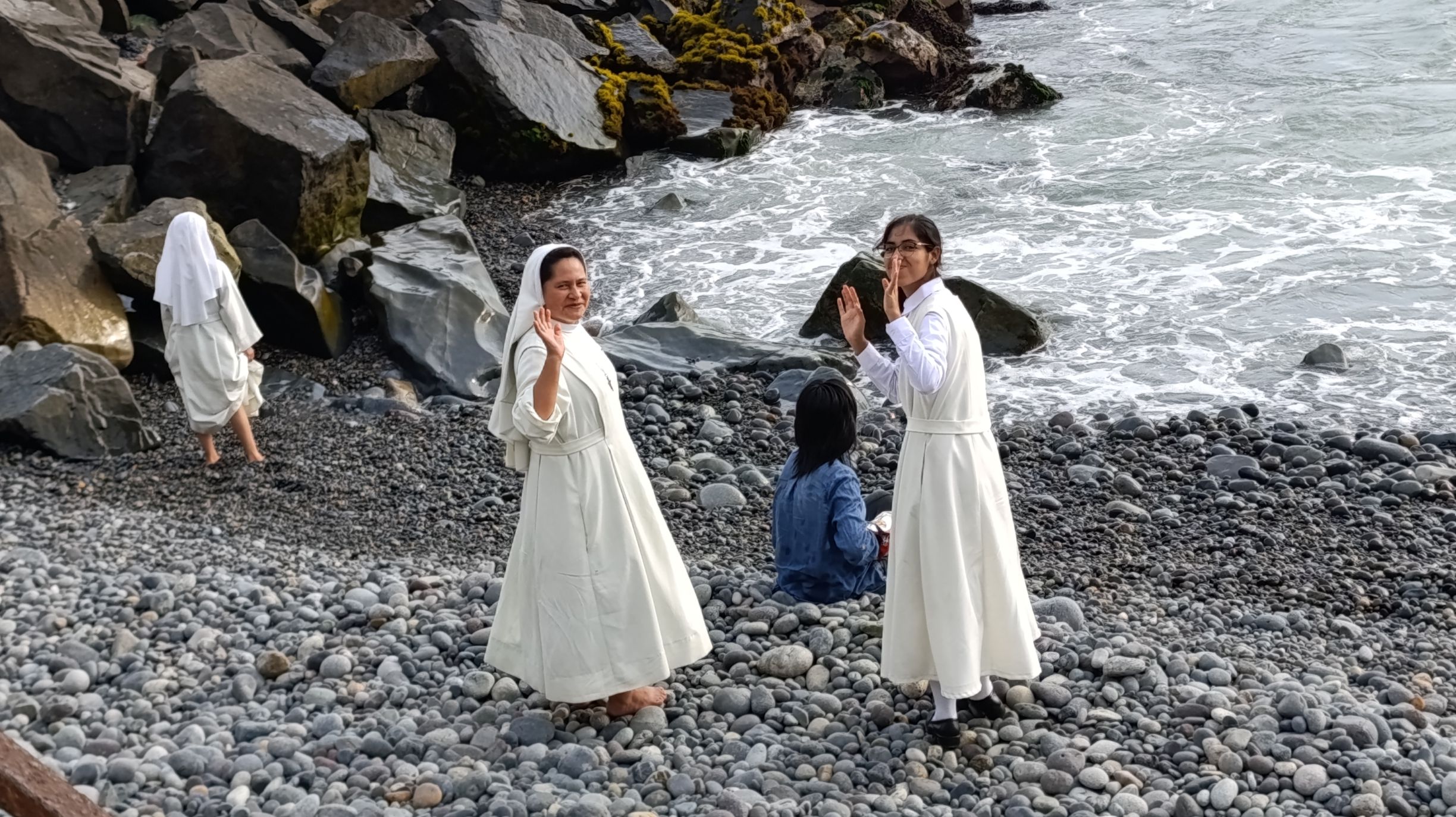
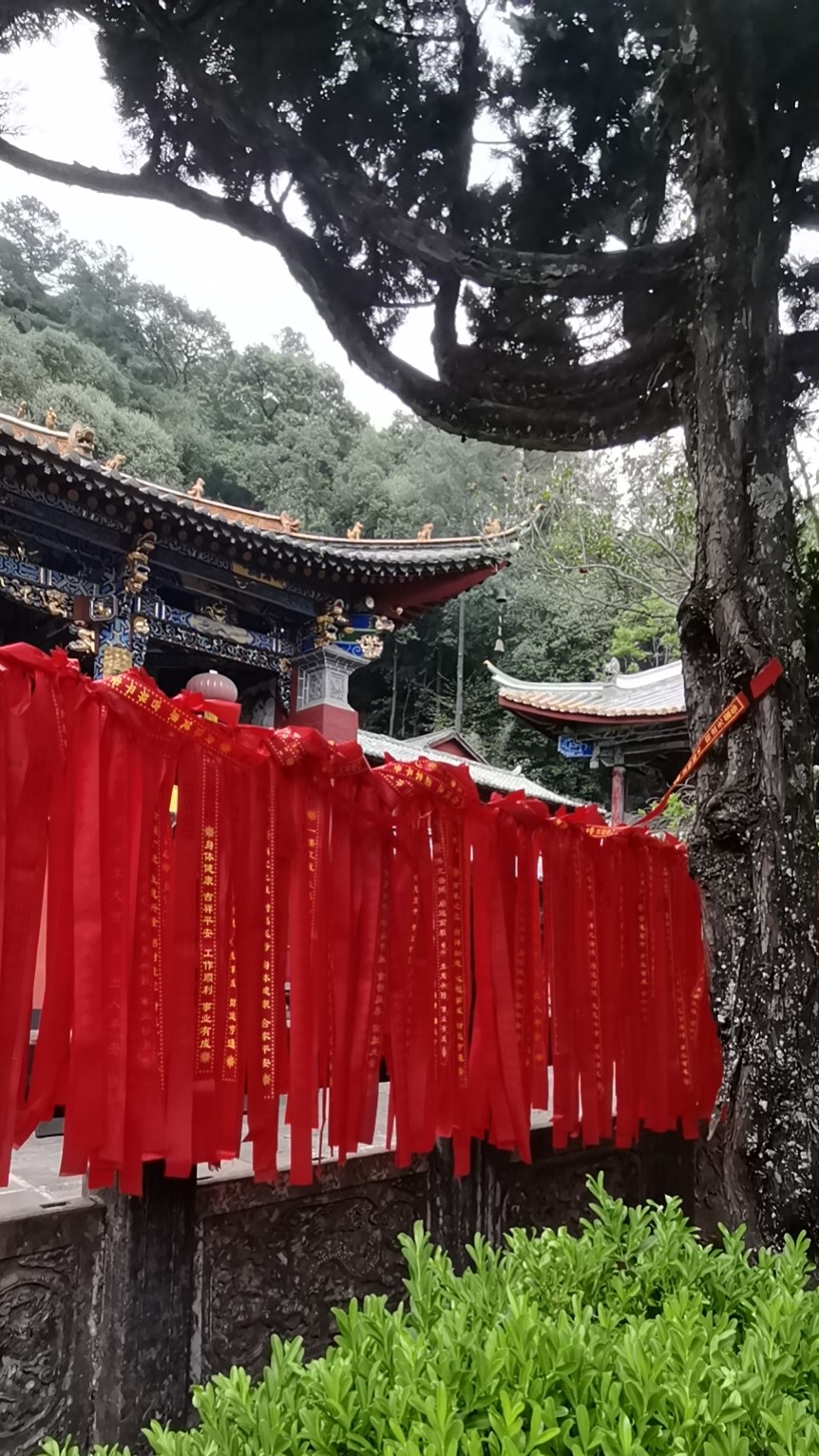

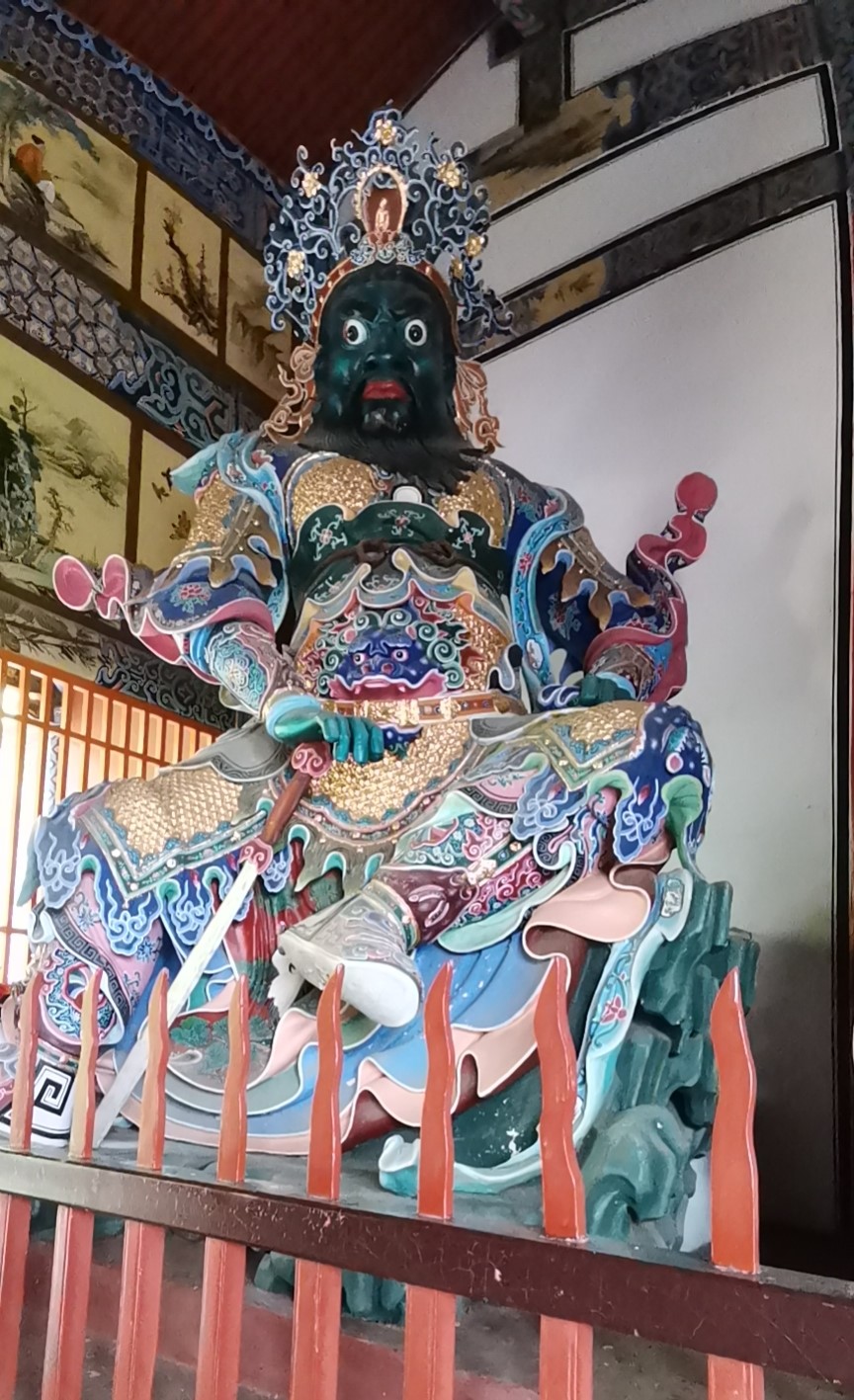
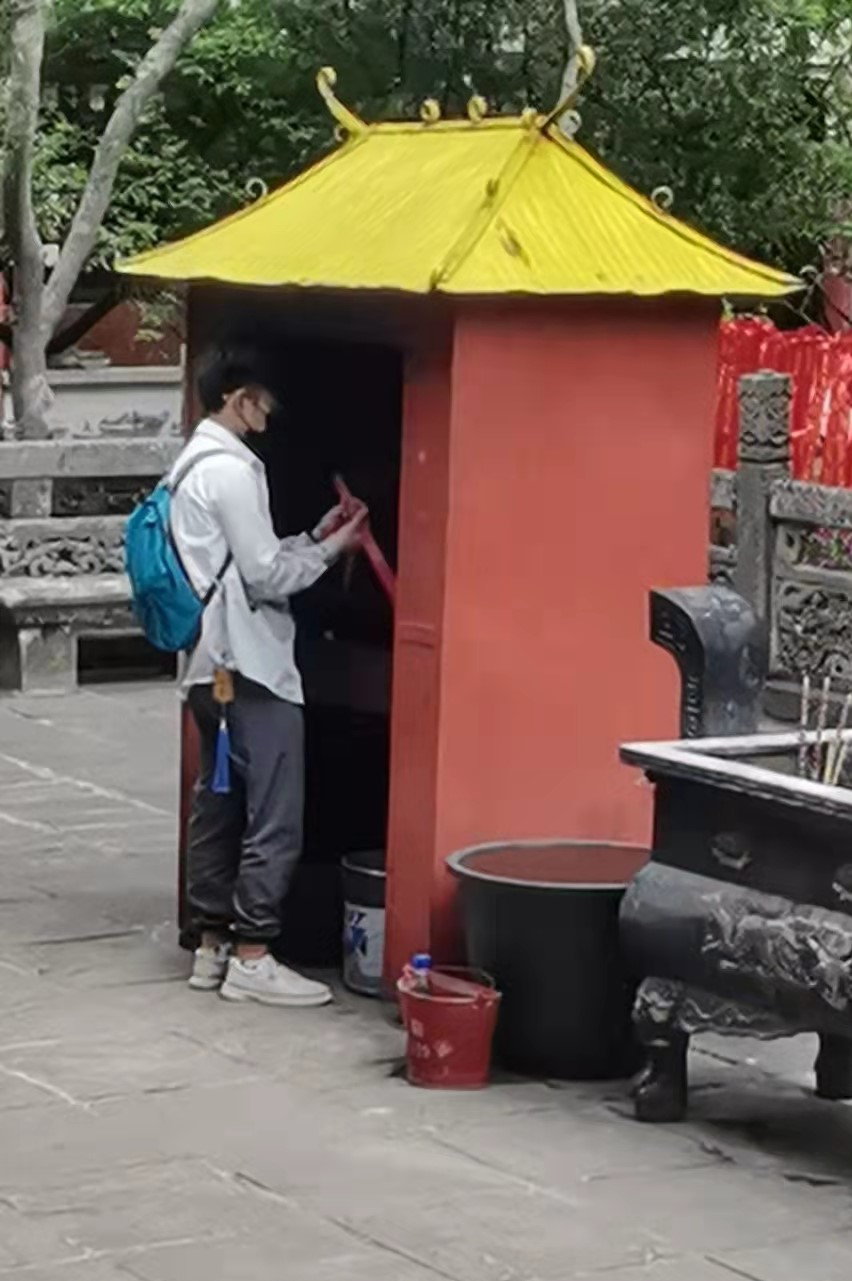
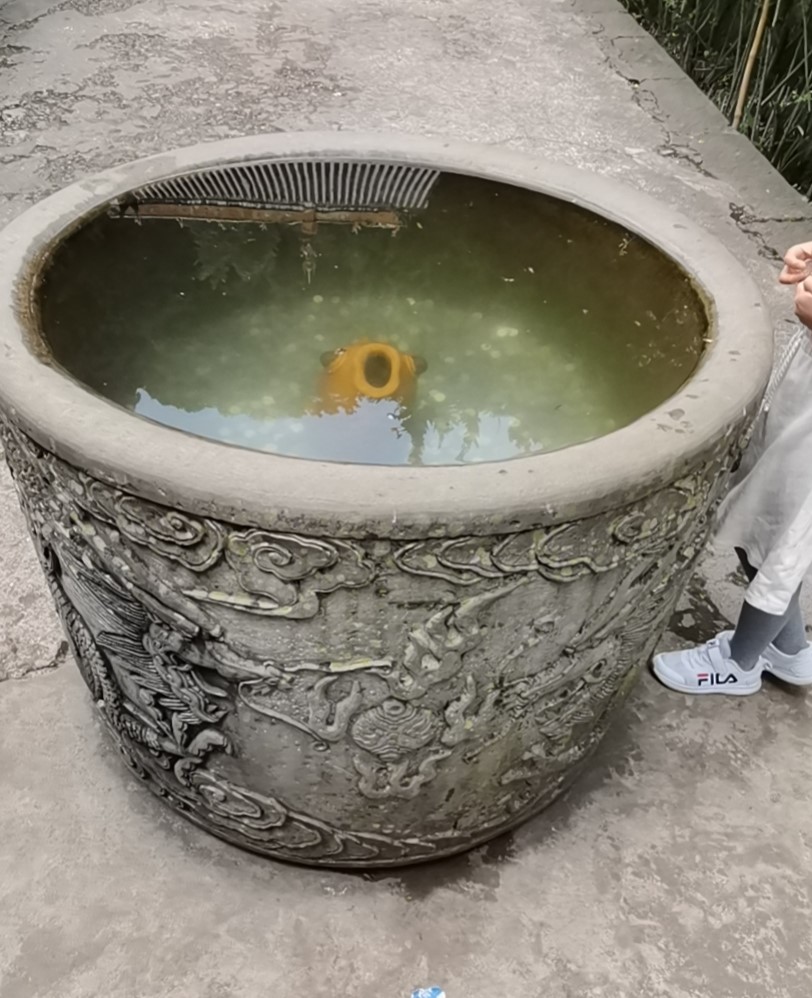
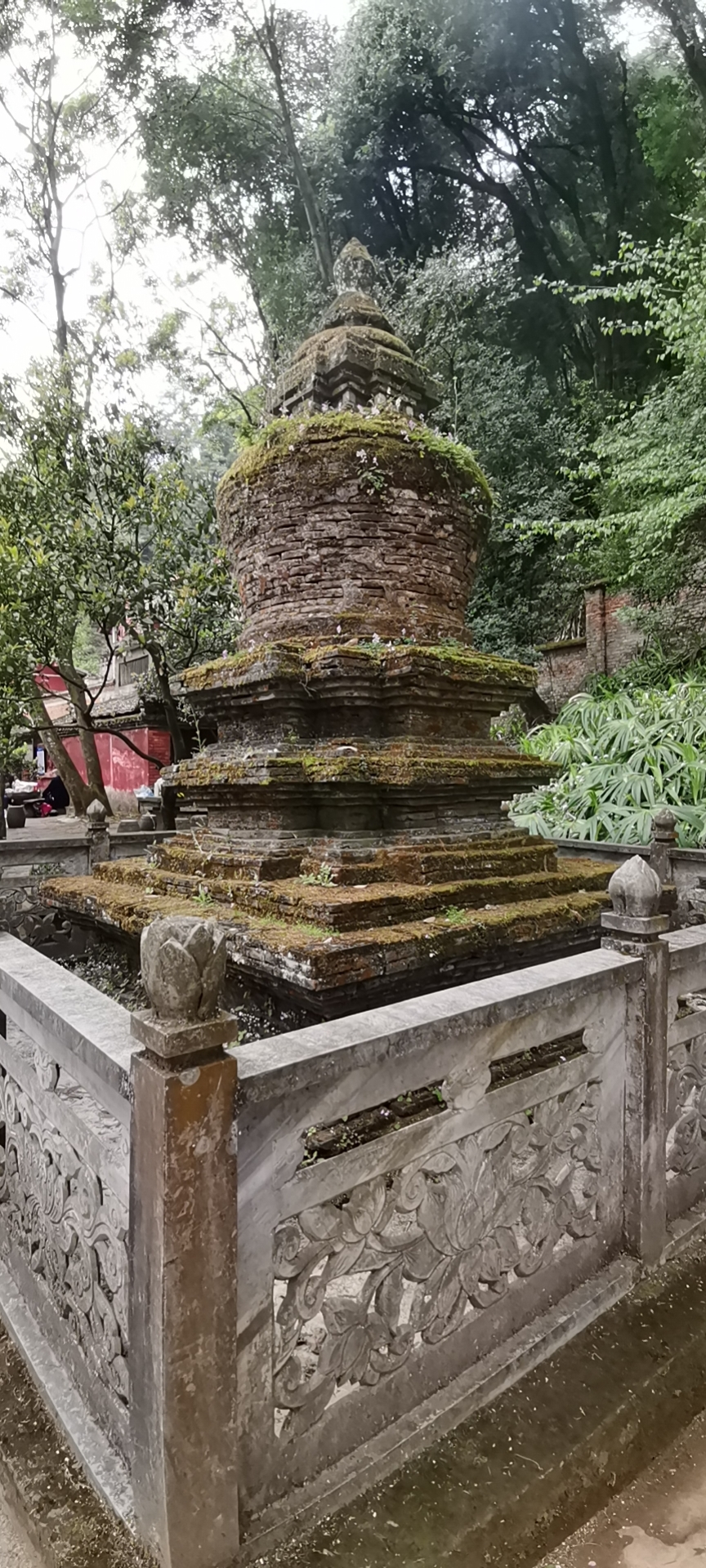
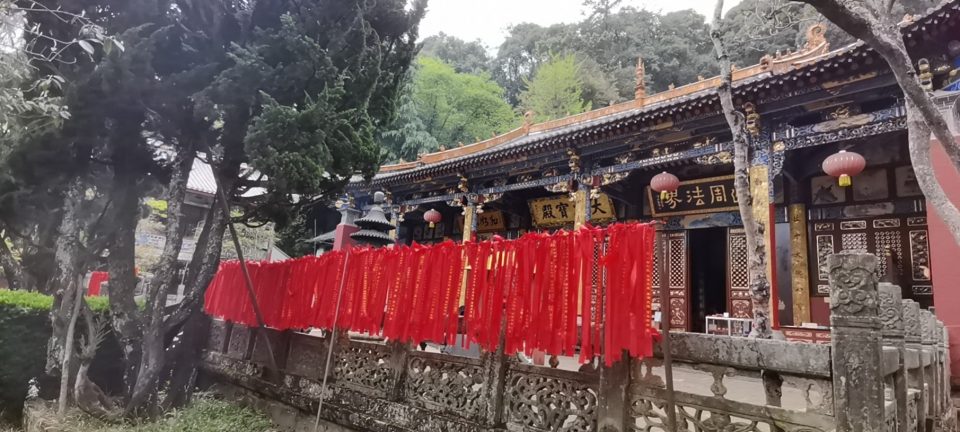
Nice informative and humourously written article. One quibble: joust may be Cantonese or Fujianese or something, but a spelliing like that cannot represent a word in standard Chinese.
Ha! Joss Money!
Love your writing on how folks here worship their ancestors.